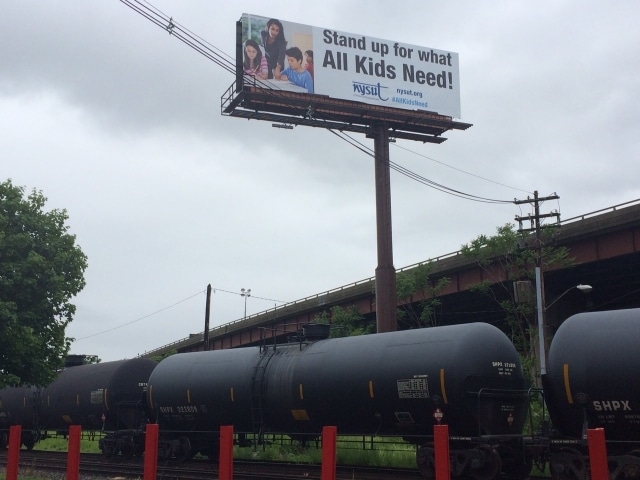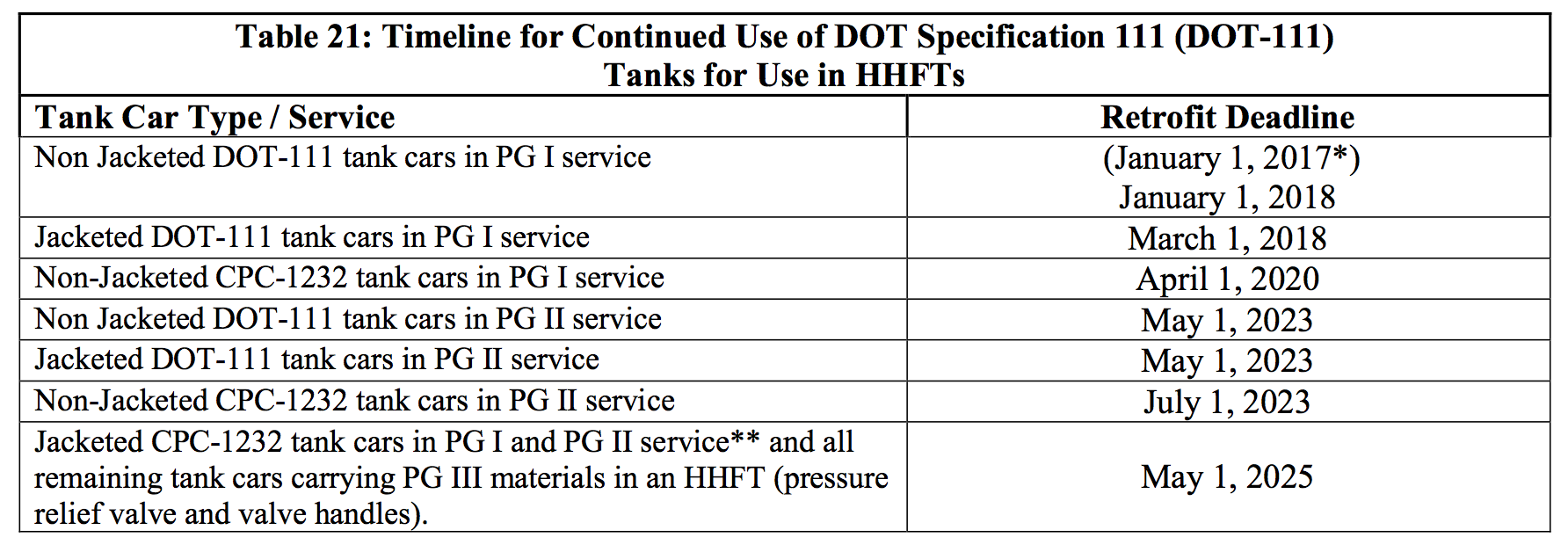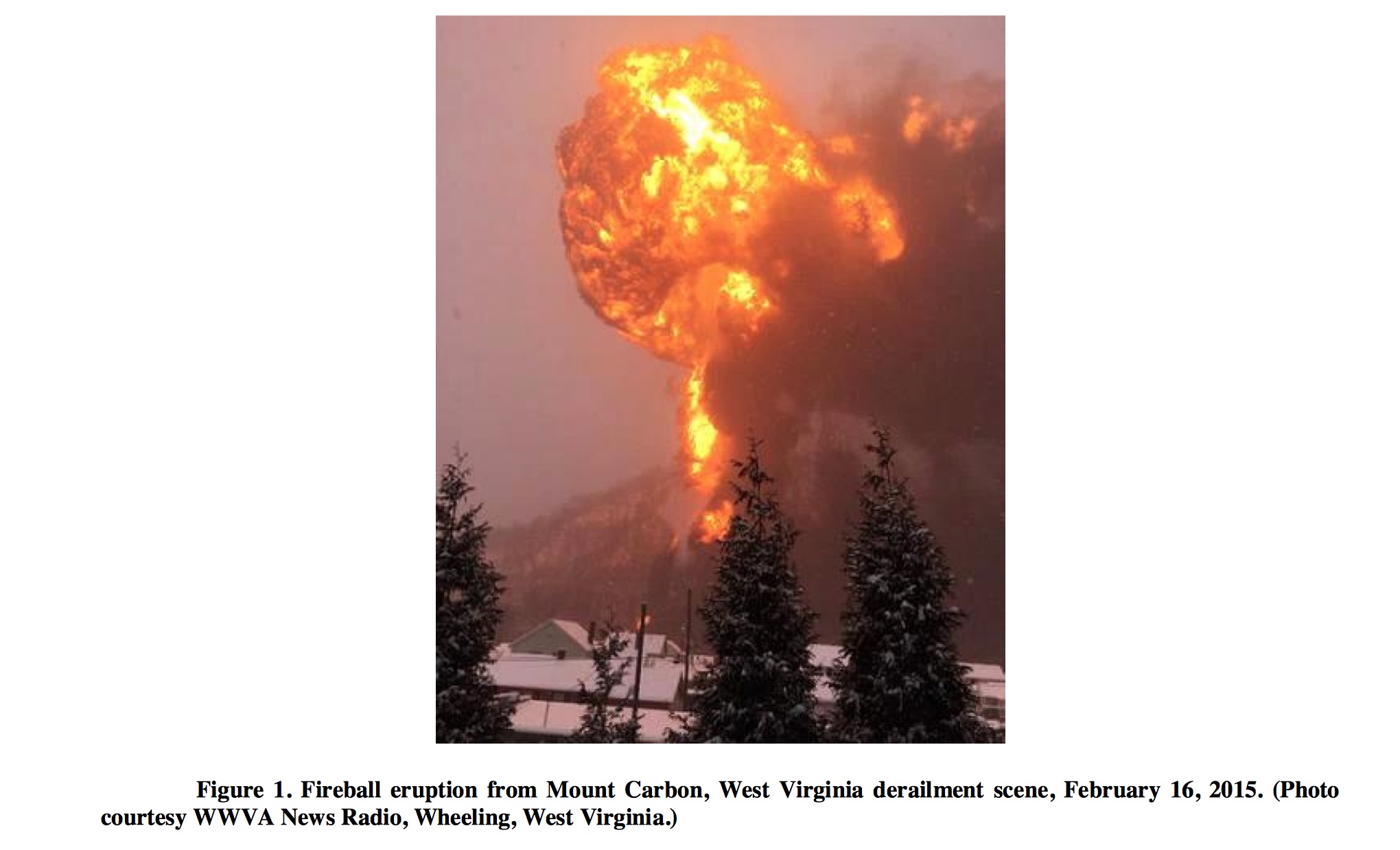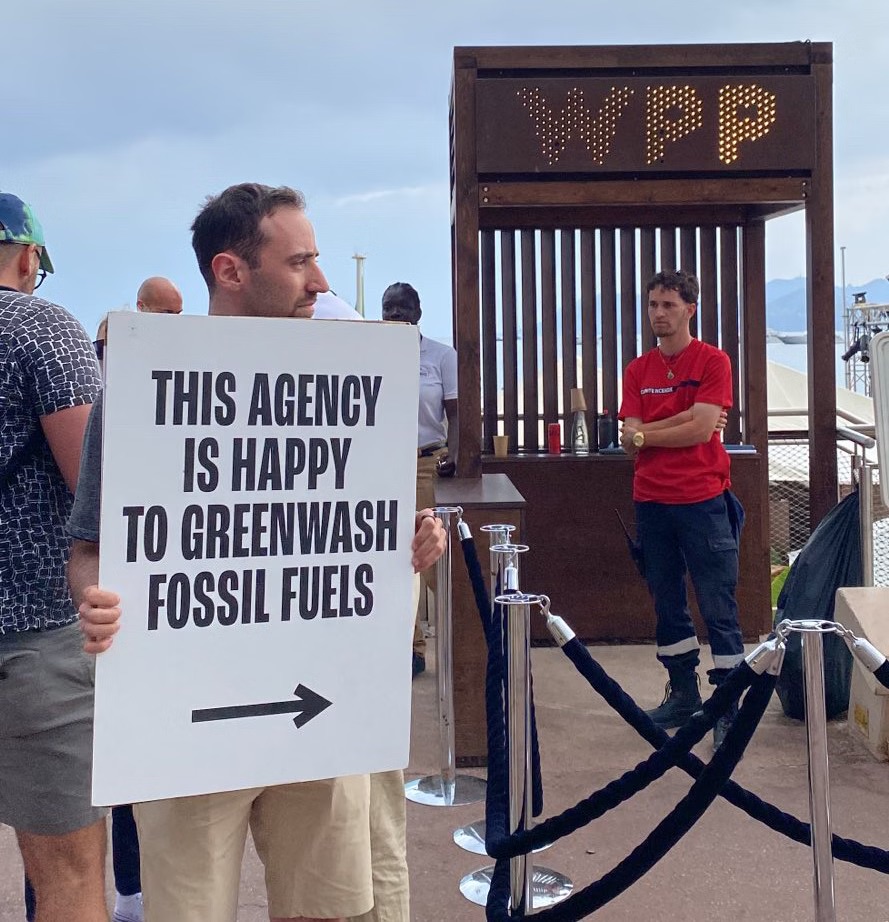Roosevelt County chief deputy sheriff Corey Reum was one of the first responders to the recent Bakken oil train derailment in Montana, a few miles from the North Dakota border.
“We’re lucky it didn’t ignite,” Reum told ABC News.
That is just one of the things first responders have learned since the deadly accident two years ago in Lac-Megantic. As a Globe and Mail article marking that two year anniversary recently noted, when the train was on fire and rail cars were exploding in Lac-Megantic, no one could figure out why.
The Globe detailed the questions the investigators were trying to answer in the aftermath.
And, perhaps most puzzling of all: How did the crude oil on the train – normally thought of as difficult to light on fire – cause the kind of violent explosions it did?
Now we know that the Bakken oil is different from most other crude, and based on the eight accidents since July 2013 involving derailed trains that involved Bakken oil and resulted in fires, first responders now know the risk the Bakken oil presents.
In Roosevelt County they evacuated a half-mile perimeter around the crash site as a precaution even though there was no fire.
However, despite the lack of fire in this latest accident, 35,000 gallons of oil did spill as four tank cars ruptured. And these were the newer CPC-1232 tank cars that the oil industry is currently suing to keep on the rails even longer than the new regulations allow — which for some 1232 tank cars is not until 2025.
There have now been six accidents involving oil trains in 2015 where tank cars derailed and were punctured and oil was spilled. In the first five, there were also fires and explosions.
All six oil train derailments involved the new 1232 model cars that the American Petroleum Institute is suing to keep on the tracks longer than existing long timelines in the new oil-by-rail regulations.
Even Cynthia Quarterman, the former administrator of the Pipeline and Hazardous Materials Safety Administration, the agency responsible for the regulations, was surprised by the timelines in the final regulations.
“That was the biggest surprise, by far,” Quarterman told Argus Media. “The push-back for five years for most things, I thought it was a substantial push-back in terms of dates.”
So while we have learned quite a bit in the two years since Lac-Megantic, not much has changed in how Bakken oil is moved by rail.
- The oil industry has not addressed the volatile nature of the Bakken oil so it still presents serious fire and explosion risks.
- The oil and rail industries are fighting the new regulation requirements for modern braking systems on the trains starting in 2021.
- The oil will still be transported in the obviously inadequate CPC-1232 cars for up to ten years or longer if the oil industry wins its lawsuit.
So, as Sheriff Reum pointed out in his observation, the best strategy for communities along the oil train tracks across North America is to spend the next ten years or so hoping you get lucky.
Image credit: NTSB Safety Recommendation report.
Blog image credit: Justin Mikulka
Subscribe to our newsletter
Stay up to date with DeSmog news and alerts









